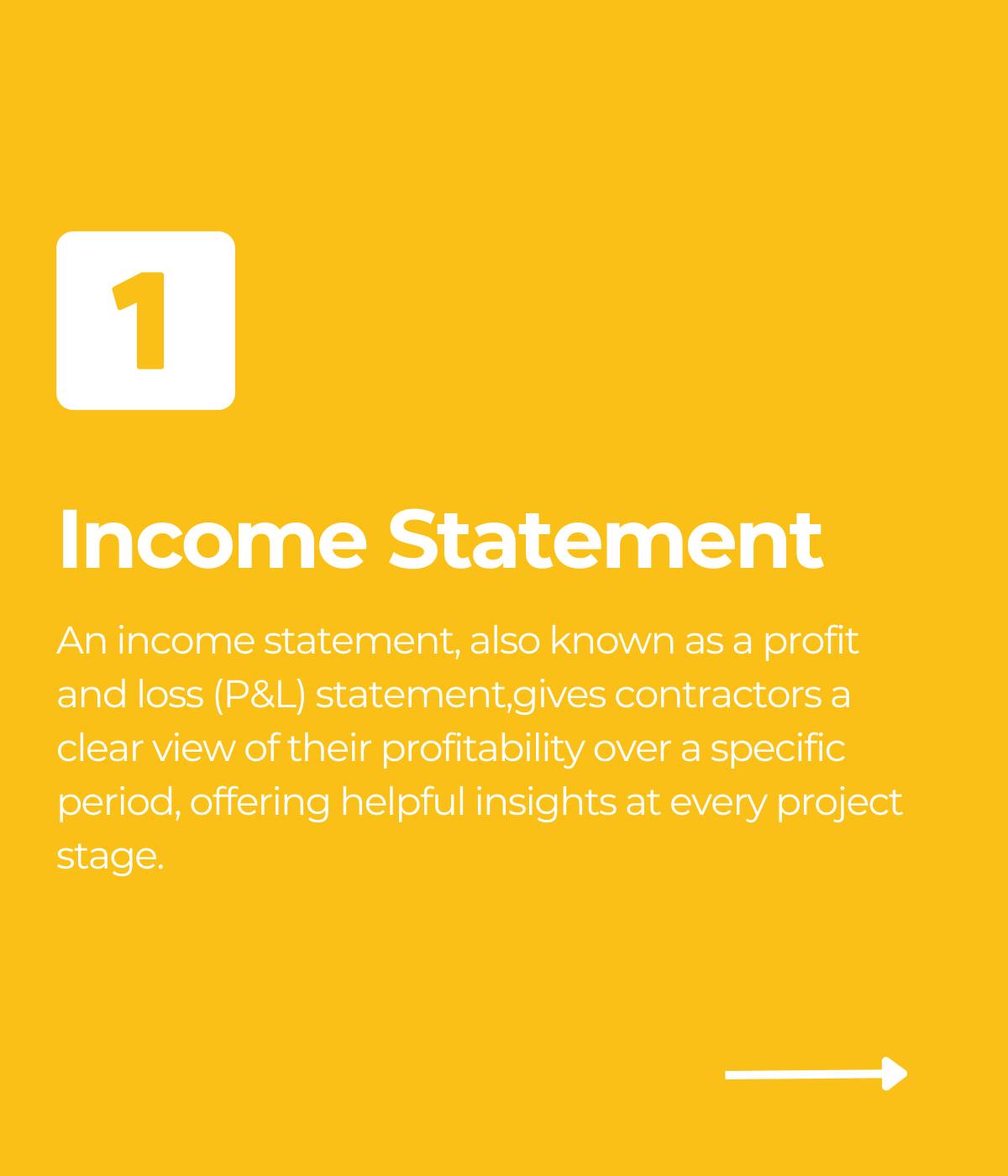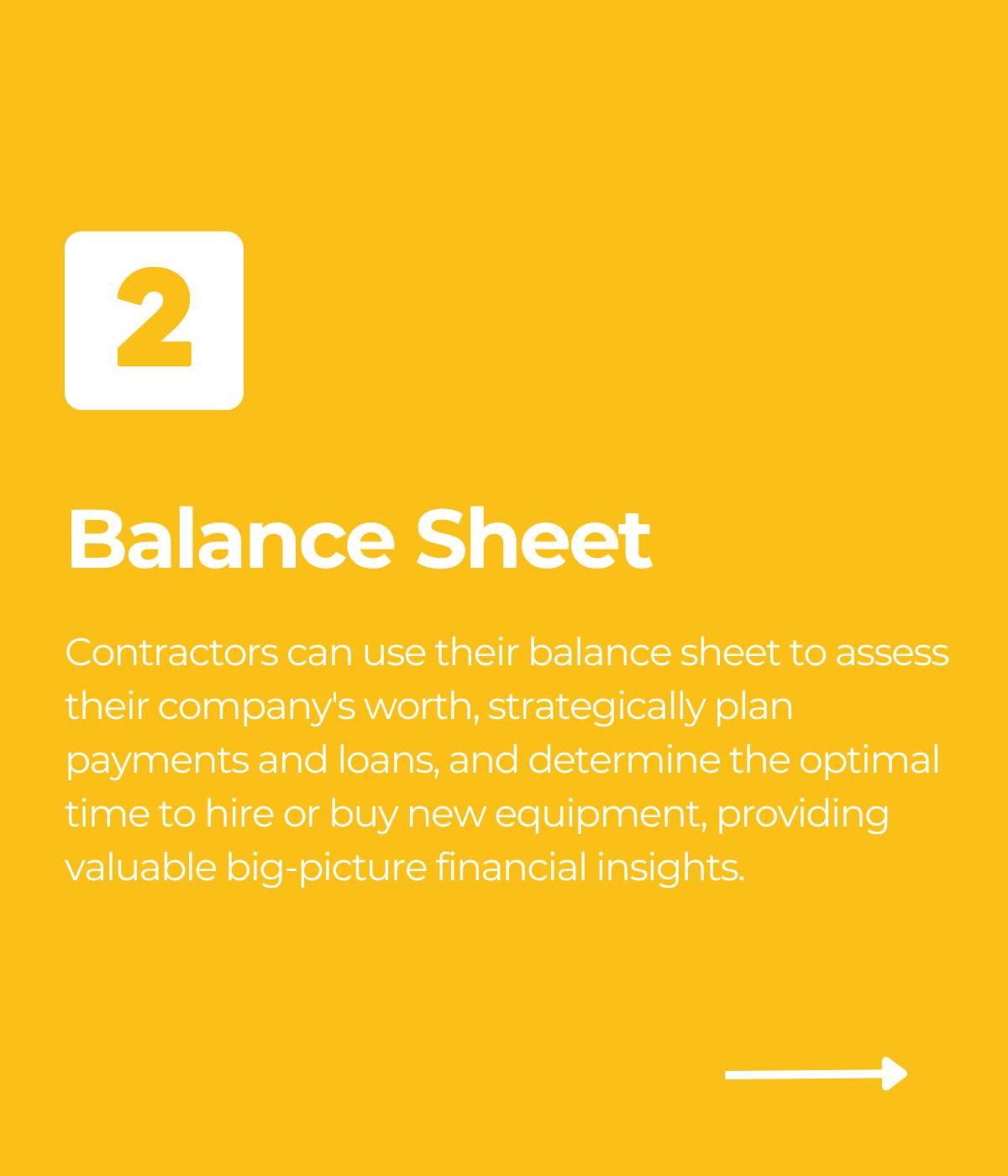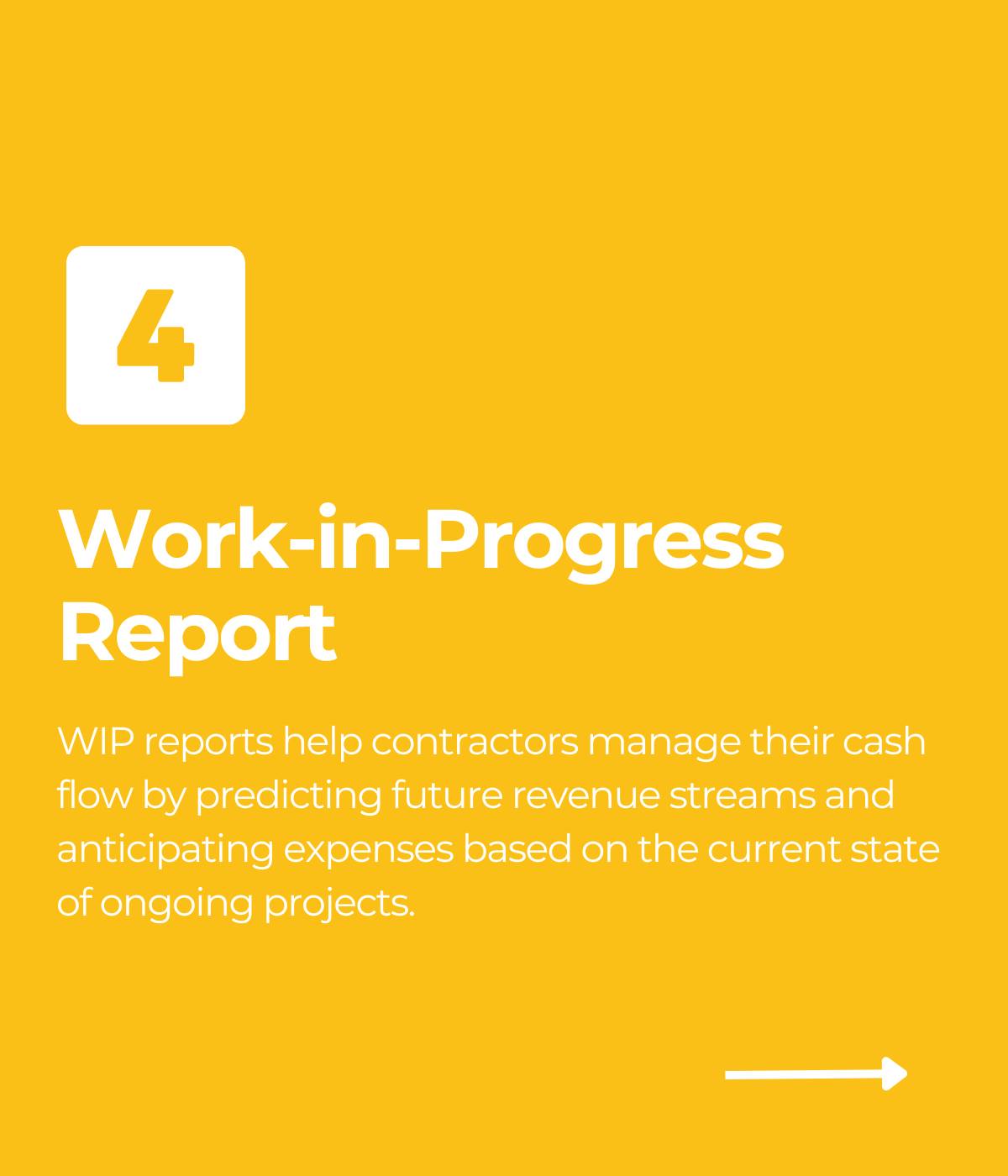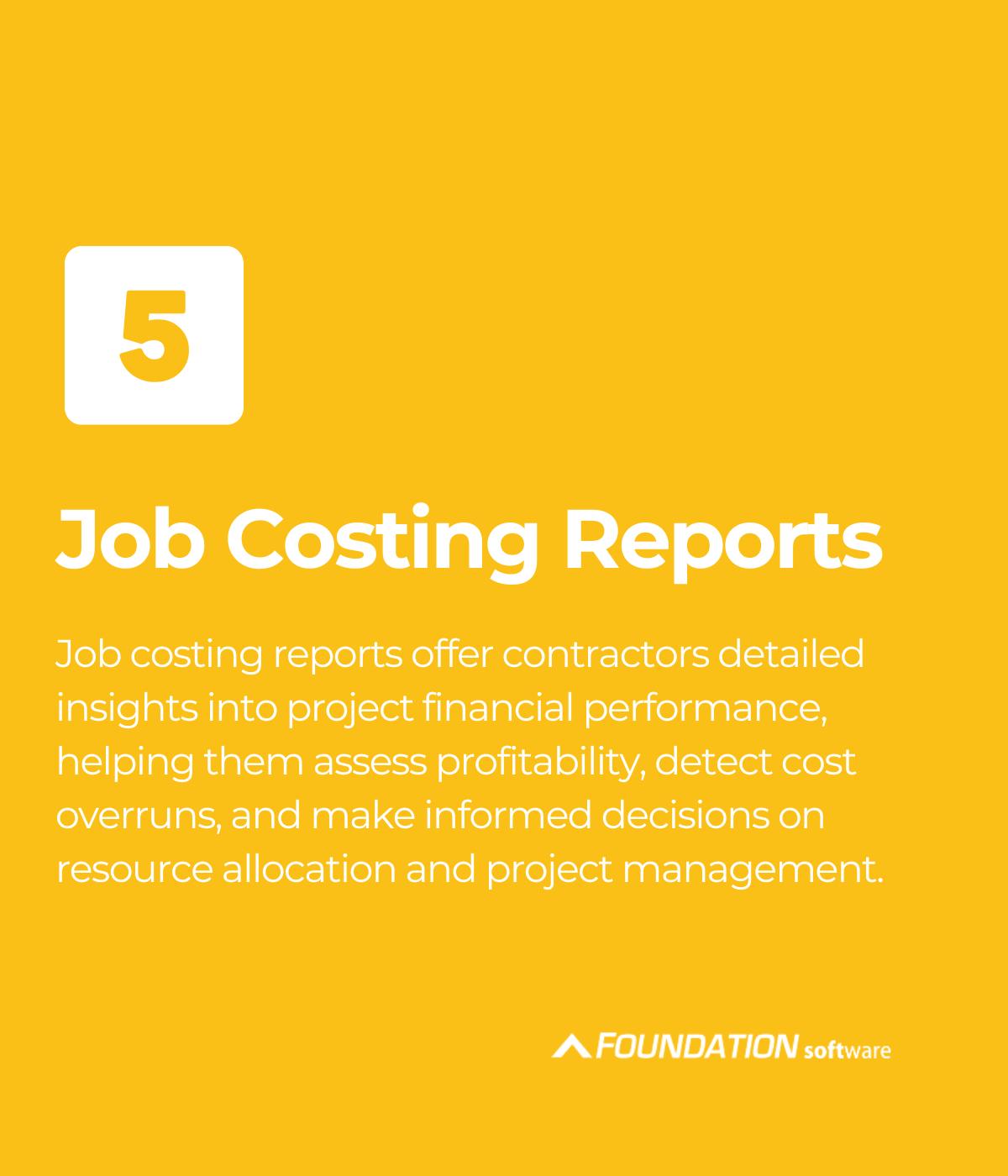
“Can we bid on this job?” “Are we over costs on this project?” “What permits do we need to work in this district?”
There’s a wide array of day-to-day concerns involved in managing a construction business, as contractors need to have a full understanding of what’s happening with each of their projects. This often includes not only managing a crew but keeping a mental timetable on completion goals, monitoring budgets and staying on top of future bidding opportunities.
It can make for noticeably booked schedule, which means thoughts of non-project related tasks like marketing can fall to the wayside. For example, 63% of construction companies spend less than 3% of their revenue on marketing, significantly below the 11% average across other B2B industries.
However, though properly marketing your business can seem daunting, there are a few things contractors can do to ensure they’re getting the word out (with or without a marketing team). The first involves creating a basic marketing strategy.
1. Determine Your Goals and Budget
The key to any marketing strategy is to first identify the main goals for the company. For many contractors, this is likely to bring in more business to make more money.
However, some contractors may also be looking to:
- Expand their workforce
- Bring in a different type of client
- Push into more government work
Understanding what you’re trying to achieve through marketing your business will help you cater your marketing to a specific type of client, which not only can give you better results but saves you money in the long run.
In line with this, contractors should also have a set budget in mind for their construction marketing efforts — both for the amount of money and time they want to spend on it. The amount of funds and resources you feel comfortable enough putting into marketing will likely influence how you market — i.e., free or paid. It’ll also influence your return on investment.
One of the simplest — and cheapest — ways to get started on effectively marketing your company is by bringing your business online.
2. Create or Update Your Company Website
In today’s world, an online presence is mandatory. The first place most people — including your potential customers — are going to go when looking for a company to work with is on Google.
They’re also likely to research a business thoroughly before ever reaching out to them. This means you want to ensure that your company’s site is (1) up to date, (2) is easy to navigate and (3) has all the necessary information potential clients need, including:
- Who you are:
- The history of your company
- Your company values
- What makes you unique
- What you do:
- Are you a specialty or general contractor?
- What are your areas of expertise?
- What are the varieties of construction products or services you can offer?
- Examples of your work:
- Client testimonials
- Pictures of your work
- Where you’re located:
- What service areas do you work in?
- How people can contact you:
- Who can they expect to speak to if they call, email or write?
3. Create Relevant and Helpful Content
Once you have the core of your site together, you can start working on building it out with additional content that can help drive people to your website and business. This may include creating a specific page for posting blogs about projects, where you showcase the ins and outs of what your crew is working on, or it could give your clients an inside look at how you operate as a company — holiday events, employee get-togethers, etc.
You may also choose to devote a page on your site to sharing educational articles about the construction industry or your specialty trade. For example, you could create how-to articles or videos on simple DIY construction tasks like re-caulking a door. Or, if you’re a specialist in something like electrical work, you could create an article or video on rewiring a lamp or some other electrical appliance.
Additionally, it’s important to keep in mind how this information will rank on search engines, namely Google. One way to do that is through search engine optimization (SEO). Perform keyword research and backlink to other relevant information and ensure your content provides the information your audience wants. If you take these steps when creating content — alongside PPC ads and building your social media presence — your company will become easier to find and more recognizable to your target audience.
4. Start and Maintain Social Media Accounts for Your Company
As you start sharing different types of content, you may want to create social media accounts to help promote it. Regardless of age, most people have social media accounts they check semi-regularly if not daily. Updating your company’s social media accounts, most days of the week, with industry news, pictures, company culture and project updates can help drive traffic to your site. These updates can also help customers feel like they know you and can make you more trustworthy.
Though it can be overwhelming given the multitude of platforms available, keep in mind that you don’t have to join each one. Think about who your clients are and where they’re most likely to be.
For many companies (construction included), Facebook and LinkedIn are the biggest platforms for reaching potential clients, with the average age of users between 25 and 34. However, you may want to include Instagram or X, formerly known as Twitter, in your efforts, especially if you have quick updates to share or are working on projects that lend to good pictures. It all depends on where your audience is.
5. Create or Update Listings in Online Directories
There are a wide variety of online directories that work similarly to the yellow pages (including the online version of the yellow pages):
- Google Business
- Yelp
- Whitepages
- And more
Though it may take a little time for your company’s listing to appear — sometimes 24 hours, sometimes a month — many of these online directories are free and accessible to everyone. Just make sure that all of the company information you put into each of your listings is not only accurate but consistent. You should have the same business address, phone number and title for each one.
It’s also important to get reviews for your services on your Google Business and Yelp pages. According to a 2021 report conducted by PowerReviews, 99.9% of customers read reviews when they shop online. According to the same report, 96% of customers search for negative reviews to get a better understanding of the company’s weaknesses and determine if that’s a dealbreaker for them.
6. Invest in PPC Ads
Social media can also be a great channel to run paid ads on. Most social platforms have built-in systems where they walk you step-by-step through setting an ad budget, creating a time frame for your ad to run and targeting your audience. From there, all you need to include is some simple ad content and an image like your company logo; then they’ll do the rest.
Sites like Instagram and Facebook also give you the option to boost or promote content that’s already doing well, which means they’ll share your content with a wider audience than you’d be able to reach normally — no additional work required!
7. Join an Industry Association
Another good way to market your business is by joining an industry association like:
- Associated Builders and Contractors (ABC)
- Independent Electrical Contractors (IEC)
- The Association of Union Constructors (TAUC)
These associations range from local or state chapters to national groups. Many of them also have regular events like trade shows or expos that you can attend, network and promote at as well, which gives you a chance to showcase your work and interact with potential customers.
8. Keep It Simple but Consistent
At the end of the day, there’s no one true way to market your business. However, even implementing just one of the above tactics can help get you on your way to bringing in more business — and you can build from there.
Looking for more tips on getting the most out of your construction business?
- How to Write a Capability Statement
- Contractor Licensing Solutions That Drive Profitability and Growth
- What’s a Construction CPA: Why You Need One & How to Find Yours
- 7 Steps to Start Your Own Construction Business
- 4 Cash Flow Management Mistakes Construction Companies Make
- The Best Construction Software Tech Stack for Your Business
Foundation Software offers a family of integrated construction software to reduce your administrative burden, giving you more time to focus on promoting and growing your construction business. We offer:
- Construction accounting software (FOUNDATION®)
- Construction payroll service (Payroll4Construction)
- Construction time tracking software (WorkMax)
- Construction estimating software (The EDGE® and McCormick)
- Construction safety software (SafetyHQ®)
- Construction project management software (ProjectHQ®)
- Human resources software (hrHQ)
- And more!
For more information, speak with an expert today!
Share Article
Keep on current news in the construction industry. Subscribe to free eNews!
Our Top 3 YouTube Videos
Learn about our software more in depth with product overviews, demos, and much more!

Our ACA reporting & e-filing services include official 1094-C and 1095-C IRS reporting, optional e-filing (no applying for a TCC code required), mailing to your employees and experienced support to help you.

There are plenty of reasons to make FOUNDATION your choice for job cost accounting and construction management software — just ask our clients!
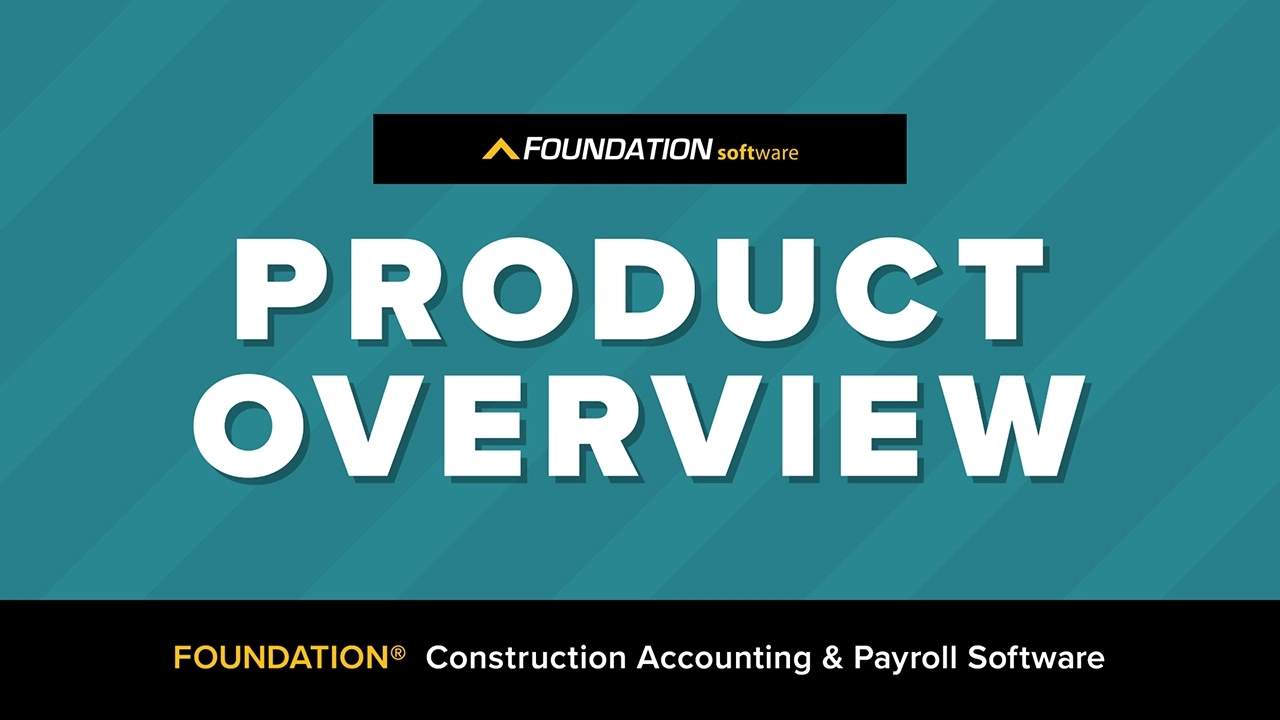
From job cost accounting software, to construction-specific payroll. Get an overview on your next all-in-one back-office solution.




